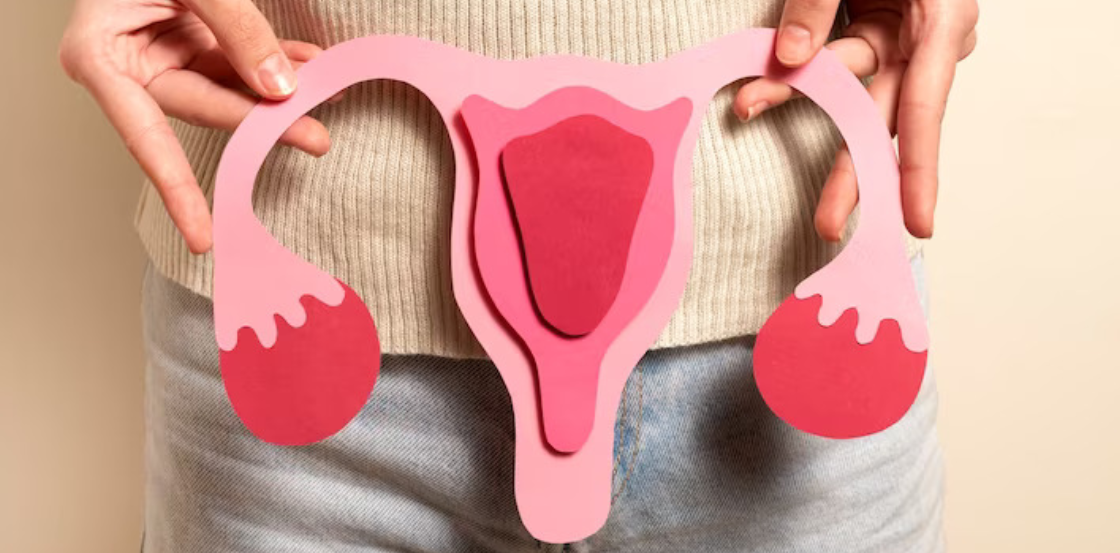Many women experience heavy menstrual bleeding at some point, a condition known as menorrhagia. While menstruation is a natural aspect of a woman’s reproductive cycle, heavy periods can be physically and emotionally distressing.
In this blog article, let’s check out the potential causes of heavy menstrual bleeding and discuss solutions to help women find relief and regain control over their menstrual health.
Understanding Menorrhagia
Menorrhagia refers to menstrual bleeding that is significantly heavier or longer-lasting than usual. It can lead to symptoms such as frequent changing of sanitary products, blood clots, fatigue, and even restrictions in daily activities due to discomfort. Before exploring solutions, it’s essential to understand the potential underlying causes.
Menorrhagia Causes
- Hormonal Imbalances: Fluctuations in hormone levels, particularly imbalances between estrogen and progesterone, can lead to heavy periods. Polycystic ovary syndrome (PCOS) and thyroid disorders can contribute to hormonal irregularities.
- Uterine Fibroids: These non-cancerous uterus growths can cause heavy bleeding and pain. Their size and location within the uterine wall can influence the severity of symptoms.
- Adenomyosis: It occurs when the tissue lining the uterus grows into the muscular wall, resulting in a thicker uterine lining and heavier bleeding.
- Endometrial Polyps: Small growths in the uterus lining can cause heavy or irregular bleeding. They are usually non-cancerous but can lead to discomfort.
- Blood Disorders: Conditions such as von Willebrand disease and platelet function disorders can affect blood clotting, potentially leading to heavy menstrual bleeding.
- Medicines and Medical Conditions: Certain medications like blood thinners and medical conditions like liver or kidney diseases can contribute to menorrhagia.
Menorrhagia Treatments
- Medical Consultation: If experiencing heavy periods, consult a healthcare provider. They can assess your symptoms, perform relevant tests, and diagnose underlying conditions.
- Hormonal Therapy: Depending on the cause, hormonal birth control methods such as oral contraceptives, hormonal IUDs, or hormone-releasing implants can help regulate and reduce menstrual flow.
- Non-Hormonal Treatments: Tranexamic acid and nonsteroidal anti-inflammatory drugs (NSAIDs) may help manage heavy bleeding by reducing blood loss and alleviating pain.
- Surgical Interventions: Procedures like endometrial ablation, which removes the uterine lining, or hysterectomy, which removes the uterus, might be considered if other treatments are ineffective or have underlying conditions like fibroids.
- Lifestyle Changes: Regular exercise, maintaining a healthy weight, managing stress, and a balanced diet can contribute to overall menstrual health.
- Alternative Therapies: Some women find relief through acupuncture, yoga, and dietary supplements, although more research is needed to establish their effectiveness.
Conclusion
Experiencing heavy periods can be challenging, but it’s important to remember that various causes and solutions are available in the current medical world. Consulting a healthcare professional is the first step towards understanding the underlying factors and finding an appropriate treatment plan. With the right approach, women can manage their menstrual health and alleviate the discomfort associated with heavy periods, enabling them to lead more fulfilling lives.
